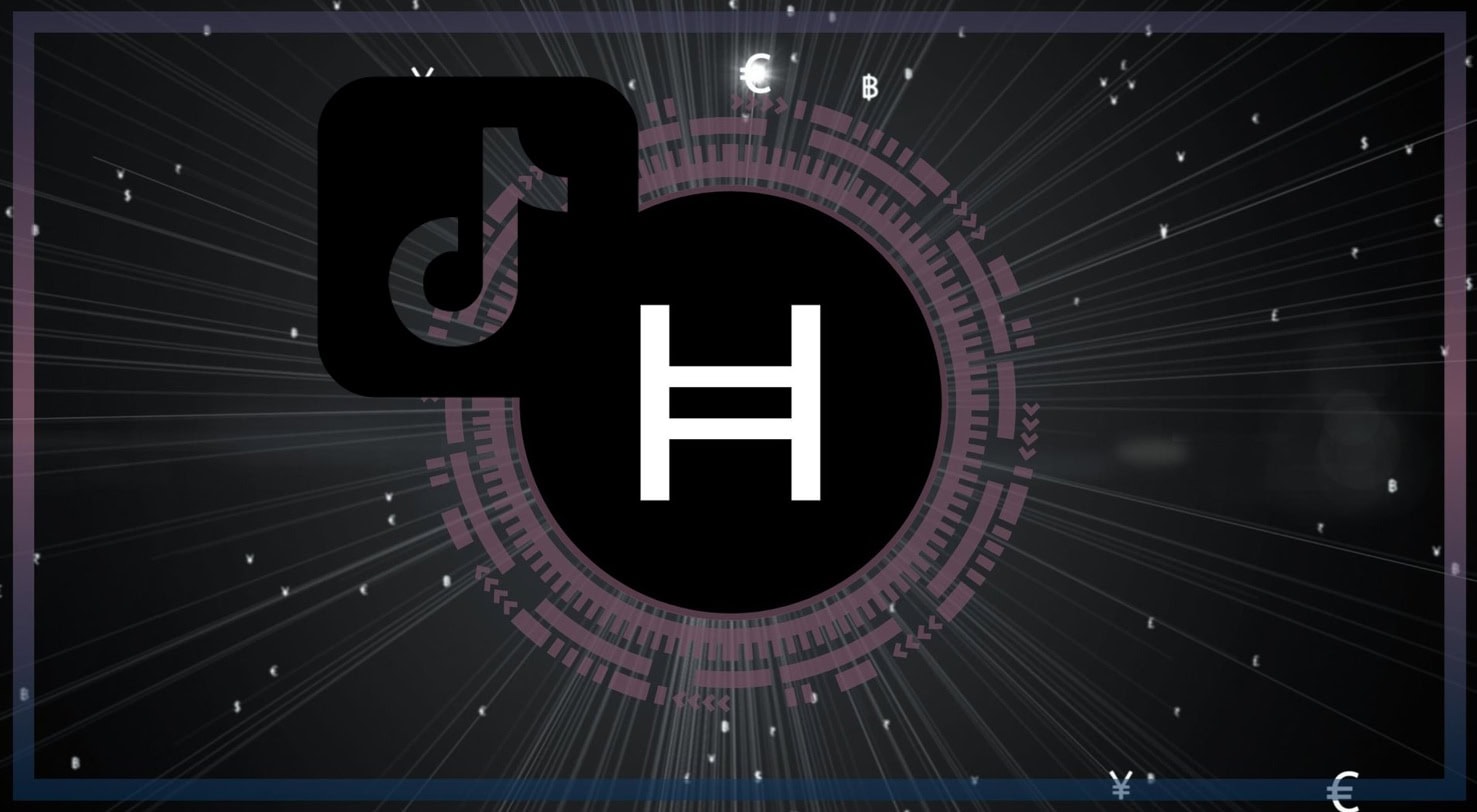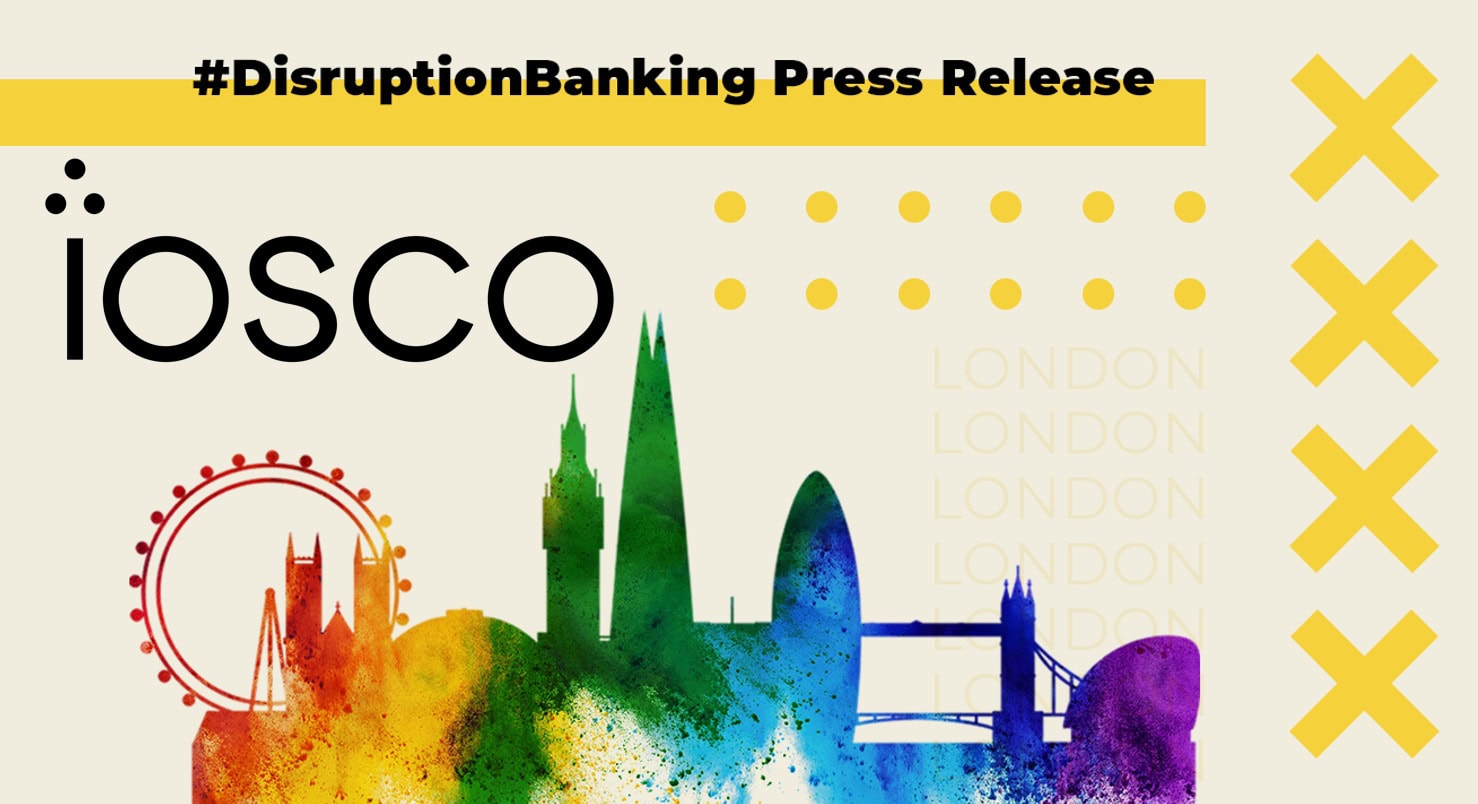Ambitious Locals
An ambitious place, the United Arab Emirates has always been known to make a splash as it’s the ‘biggest of everything’ design methods can attest to. The city of Dubai is one of the best examples of this, with for instance the largest shopping mall on the planet, Dubai Mall covering 12 million square feet (or equivalent to 50 football pitches). Another is the tallest skyscraper in the world, the Burj Khalifa. Or how about the largest ever man-made terraformed islands; Palm Jebel Ali, The Palm Jumeirah and The World Islands. The apparent next stop for the UAE: Fintech
And just how far has this country come it terms of accepting new technology? An incredible 76% of UAE residents trust at least one technology company more with their money rather than their bank according to Gulf Business. Not only are the UAE people more than ready to accept this revolutionary wave, but they are also (self) driving it. They are embracing IoT, with Dubai being mapped in 3D to achieve the city’s plan to have 25% of cars on the road being autonomous. Even what they eat can take on an element of technology. 3D printed food was recently showcased (and eaten) at the Dubai Future Week 2019.
At the Abu Dhabi Fintech Award ceremony this year, innovative Fintech Startups and founders were recognized for their contribution. Showcased there was; Ian Dillon, Co-founder of NOW Money, a platform for remittances for foreign workers to send funds back home to their families, who won the ‘UAE Fintech Founder’ award. Invoice Bazaar, a supply chain finance platform, which helps small and medium sized businesses in Dubai, Middle East, India and Singapore get access to working capital won the ‘MENA Fintech of The Year’. Hardik Bhatia, Founder of SolarGridX Ltd won ‘Emerging Fintech Talent’ for an exchange platform on which people can buy and sell virtually owned physical solar panels and earn an ROI p.a. of up to 15%, all powered by blockchain tokenization. SolarGridX is created in collaboration with the James Dyson Foundation and is set to go live with its platform early next year.
Of special note to the ecosystem is the Startup Souqalmal, founded in 2012 and awarded ‘Startup of the Year’ by Forbes. A one-stop-shop for financial needs ranging from car, home and personal loans to various types of insurance, credit cards and bank accounts, Souqalmal offers comparisons between more than 3,200 retail banking, telecoms, insurance and education products available and have raised more than $14.5 million in funding so far.

A Bustling Souk (Market)
Now a major global business hub, the UAE has become a focal point for foreign businesses to be introduced to business throughout much of the Middle East, North Africa and Western Asia. A strong number of those doing business in the country are expats, attracted by the favorable business envionment. And the government has made it very easy for new entrants to register a Fintech business. All one needs to do is register an innovation testing license (ITL). In order to obtain the ITL, a Dubai fintech company must only; use innovation in the creation of supply of their products, respectively services, involve the use of financial products and be ready to test the products or services with the customers as soon as the license is obtained.
The bustling hub houses the greatest number of Fintechs in the region, accounting for 46% of companies. In 2019, payments and remittance Fintechs accounted for the largest sub-sector, which makes sense considering the large amount of expatriates in the country. The UAE certainly deserves the title for the biggest hub for Fintech Startups in the MENA (Middle East and North Africa) region, as it also attracted 69% of the investments in MENA for the Fintech industry this year alone.
This market place has been understood to be key by foremost international fintech firms which have made the UAE their regional base, including Dublin-based software company Fenergo, InsurTech leader Charles Taylor and Swedish crowdfunding platform, FundedByMe.
Private accelerators have also taken an interest, with the world-recognized Startupbootcamp looking to start their programme in Dubai early 2020 in partnership with the state Dubai International Financial Centre (DIFC), Visa and HSBC. The DIFC has itself created Fintech Hive, the regions first and largest accelerator, boasting an ecosystem of more than 2,300 active firms that can connect with new Startups. In the first half of 2019 alone, the DIFC welcomed an additional 250 new companies. The DIFC is said to be “Dubai’s most developed free zone” when it comes to the financial industry.
Emirates NBD, a Dubai-headquartered bank with $136 billion AUM, has too woken up to the benefits of digitalization for its customer base and recently announced the launch of voice-activated banking through Amazon’s Alexa.

The Growth Engine
What is especially interesting about the UAE is that similarly to Singapore it has become a global business hub in just 50 years. A major boost to the economy has been the foreigners that have come to the country. Since 1975 the country has gone from a population of 550,000 inhabitants to nearly 10 million today. Out of those 10, only 1.4 million are UAE national citizens. This has enabled it to have gone from a collection of Bedouin tribes to become one of the world’s richest countries, with their GDP per capita higher than 80% of the OECD.
The UAE itself is split between 7 ’emirates’, and among the GCC states, it boasts the second largest economy, behind only Saudi Arabia. A major boost has been the implementation of free trade zones. The benefit these zones bring to the UAE cannot be understated, as they have an astounding 37 of them with each of the zones focused on a particular industry. But the Abu Dhabi Global Market and Dubai International Financial Centre are the ones citied as the best. Companies registered in them enjoy; 100% foreign ownership of the enterprise, 100% import and export tax exemptions, 100% repatriation of capital and profits, corporate tax exemptions for up to 50 years, 0% personal income taxes, assistance with labor recruitment and even help with additional support services, such as sponsorship and housing.
The UAE’s government has taken the opportunities of new technologies with both hands, as seen by the Dubai Blockchain Strategy 2020 initiative that is sure to grow the presence of the innovations in the gulf state. The three pillars of the concept are ‘Government Efficiency, Industry Creation and International Leadership’. Part of the government efficiency pillar involves blockchain-based unified business registration, putting the city on track to become “the first blockchain-powered city by the year 2020”.
The innovation cannot only be seen at local and national levels but also at the regional one as well. The Central Bank of the UAE is currently working with the Saudi Arabian financial regulator Saudi Arabian Monetary Authority (SAMA) to create an interbank cross-border digital crypto-based clearance system. This is a long-running project from as early as December 2018 with the governor of the UAE’s central bank, Mubarak Rashed Al Mansouri saying at the time that “this is probably the first time ever that witnesses the cooperation of monetary authorities from different countries on this topic and we hope that this achievement will foster collaboration in our region.”
With Fintech continuing to grow and disrupt the financial services industry, and its global market set to reach $305.7 billion by 2023 according to the Global Fintech Market Report (2018-2023), Salmaan Jaffery, Chief Business Development Officer at the Dubai International Financial Centre (DIFC) thinks that “it is in the untapped markets of the Middle East, Africa, and South Asia (MEASA) region that the sector’s real potential and impact will be most acutely felt.”
And if the country and its markets can continue to do the volume of deals at the local, national and regional level at the continued pace as has been happening, there is little to stop the ambitious plans of Dubai and Abu Dhabi from continuing to make more ‘first’ and ‘largest’.
The thoughts expressed above are those of the author and do not necessarily represent those of DisruptionBanking or its partners.















